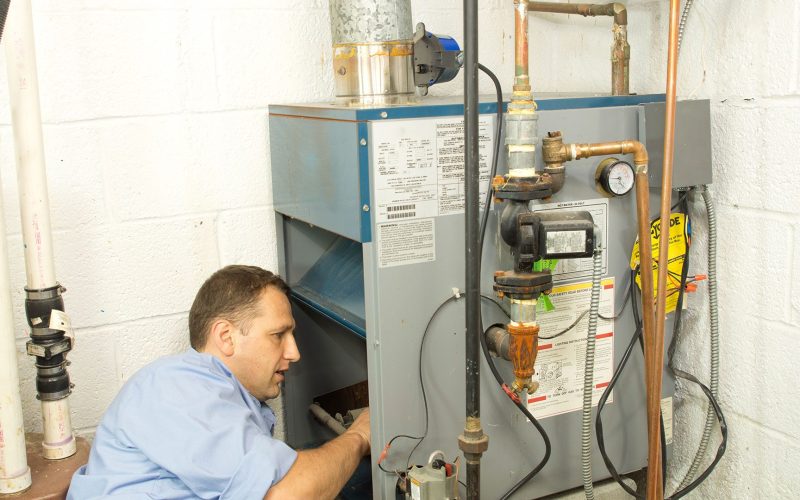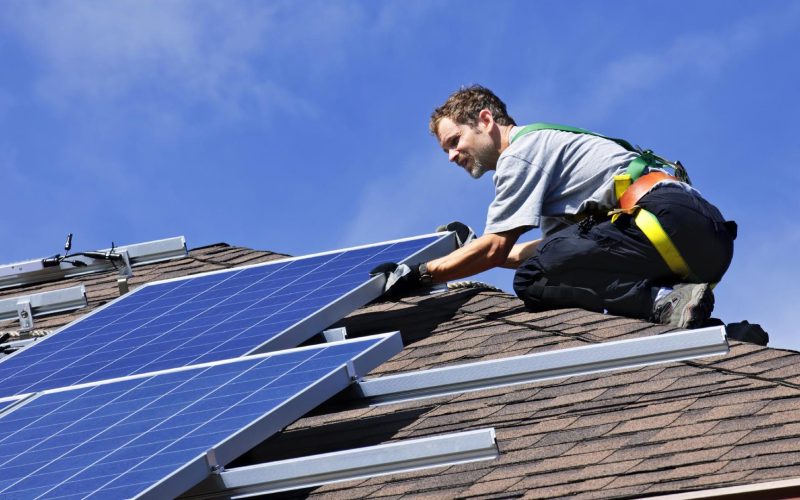THE VOICE FOR THE ENERGY CONSUMER

Brad Belden discusses operations at the Redland Brick KF plant in South Windsor which his family runs, and how energy costs compared to their other facilities are exponentially higher due.

A recent forum in Youngstown brought together Democrat and Republican elected officials with labor and business to discuss the importance of energy infrastructure like pipelines and the investment Ohio has.

Pennsylvania is now one of the largest natural gas producing states in the country. As production continues to increase, pipelines are being built to deliver lower cost energy to families.

A new study issued by the Brattle Group sheds some light on the New York Public Service Commission’s (PSC) Clean Energy Standard and suggests that not all policy approaches under.

Electric generation is the most fundamental concern for most environmentalists. Generally they encourage renewable energy sources, such as wind and solar power. While these sources are good for the environment,.

CEA’s Andrew Browning discusses the importance of energy and environmental policy to Colorado’s small businesses and farmers. Susan Sarandon outside the U.S. District Court in Washington. Shailene Woodley and Rosario.

CEA’s Emily Haggstrom appeared on Fox 31 to discuss how consumers can save money on energy bills this winter. Read more – KDVR Fox 31
.
CEA’s James Voyles discusses solar incentives in New England with Utility Dive. The current Massachusetts policy returns 185% of the installed cost of a 3.9 kW customer-owned facility and 182%.

A home energy audit helps individual homeowners find out their residential consumption and energy flow. An audit is useful to determine areas of your home where there is energy loss.

As Pennsylvania continues to see increases in oil and natural gas production, the state is quickly becoming competitive to attract energy-intensive manufacturers. In order to remain competitive, Pennsylvanians need to.